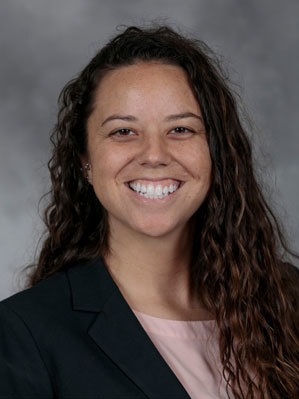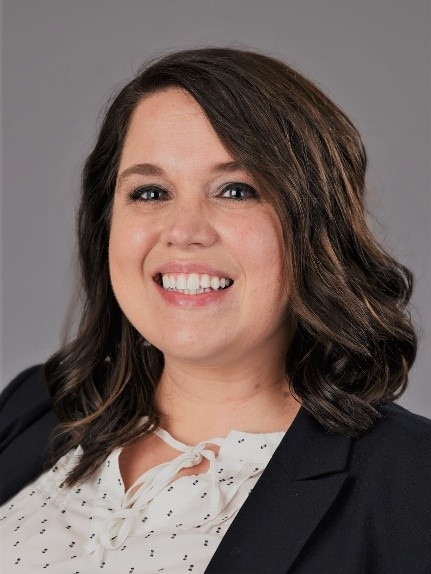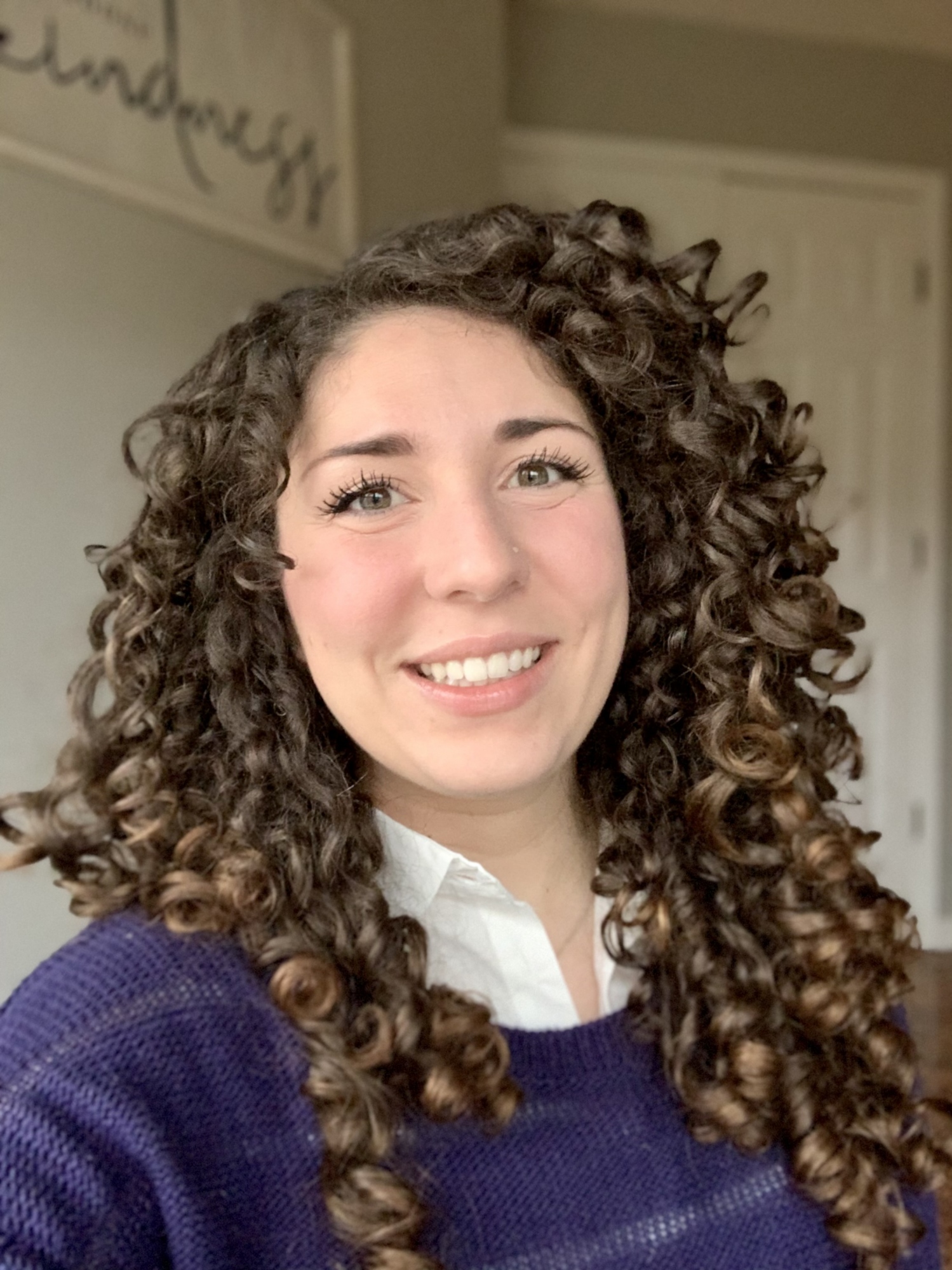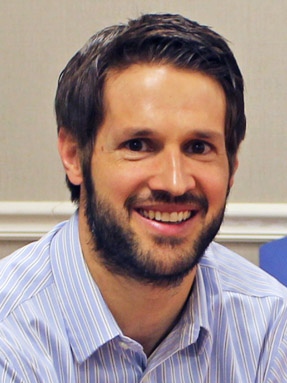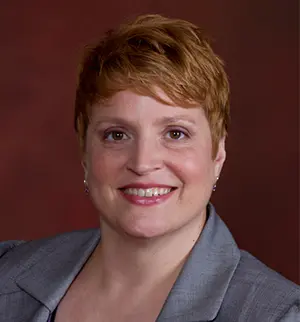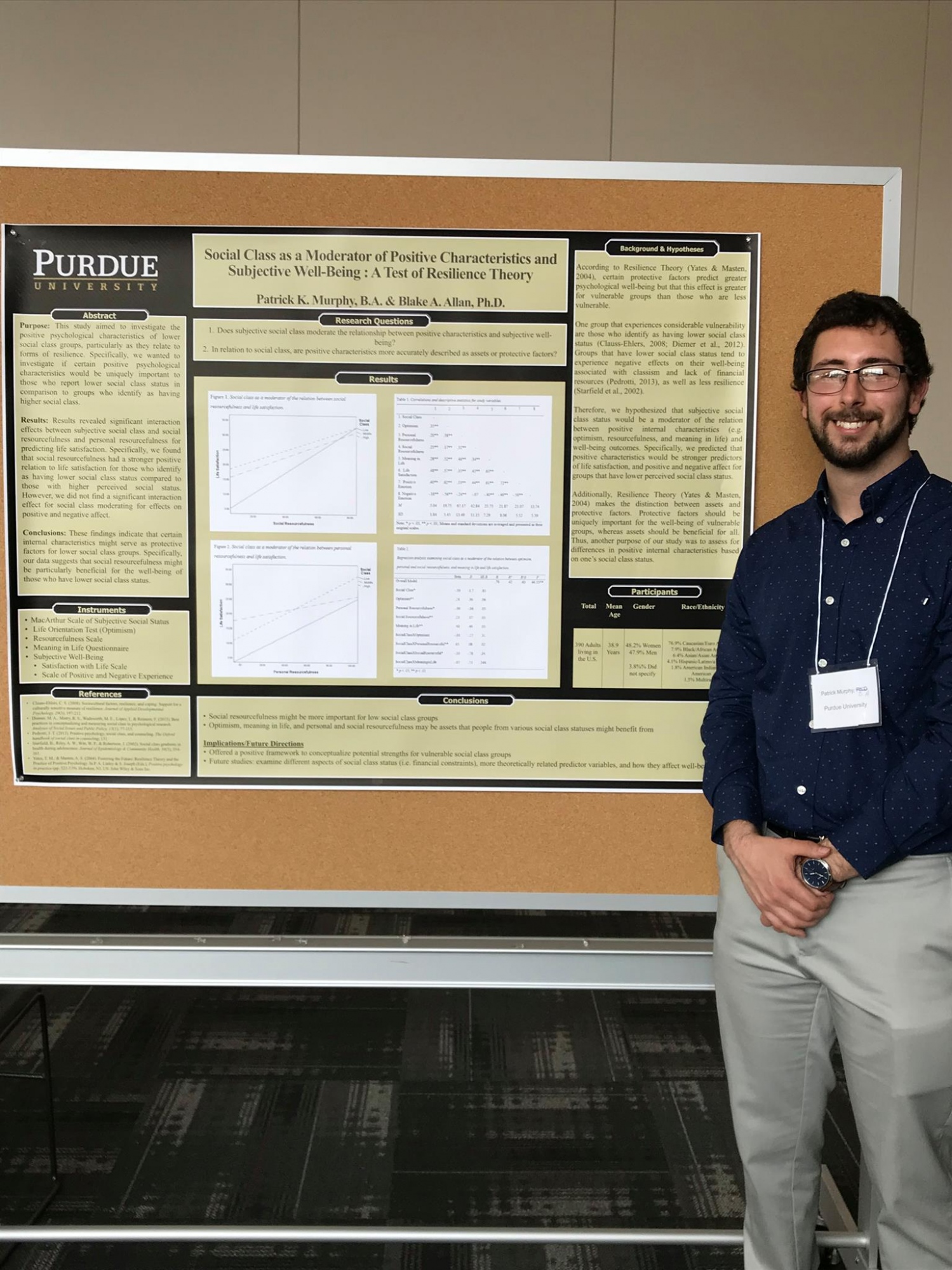| Thursday, November 10th | Friday, November 11th |
| 7:45 - 8:00 Sponsor Messages | 7:45 - 8:00 Sponsor Messages |
| 8:00 - 9:30 Concurrent Presentations #1 & #2 Presentation #1: "The Role of Psychologists in Addressing the Needs of Young Children in Foster Care" Elesia Hines, PsyD, HSPP, ECMH-E®, PMH-C Sarah Brown, PsyD, HSPP Presentation #2: "Ethical Considerations of Health Literacy" Elaine Gilbert, PsyD HSPP Katherine Schwartzkopf, PsyD, HSPP Scott Wagoner PhD, HSPP |
8:00 - 9:30 Concurrent Presentations #8 & #9 Presentation #8: "Healing the Whole Person" Jim Schroeder, PhD, HSPP Presentation #9: "Adapting Evidence-Based Practices for Gender Diverse Youth in Outpatient Mental Health Settings" Melissa K Hord, PhD, HSPP Amanda V Broderick, PhD, HSPP |
| 9:30 - 9:50 Sponsor Messages & Break | 9:30 - 9:50 Sponsor Messages & Break |
| 9:50 - 11:20 Featured National Speaker Presentation Presentation #3: "Starving Brains are Driving the Mental Health Crisis" Bonnie J. Kaplan, PhD |
9:50 - 11:20 Concurrent Presentations #10 & #11 Presentation #10: "Assessment of Psychosis Through the Lifetime" Bethany L. Leonhardt, PsyD, HSPP Jacqueline Abate, PsyD, HSPP Presentation #11: "Dismantling Ableism through Neurodivergent Diagnosis Delivery" Susan M. Wilczynski, PhD, BCBA-D |
| 11:20 - 11:40 Sponsor Messages & Break | 11:20 - 11:40 Sponsor Messages & Break |
| 11:40- 1:10 Concurrent Presentations #4 & #5 Presentation #4: "Validity and Effort in Pediatric Assessment" Garry Wright, PhD, HSPP Presentation #5: "Special Topics in Couples & Sex Therapy: Couples Therapy with LGBTQ+ Populations, Working with Polyamory, and Addressing Out-of-Control Sexual Behavior" Maria P. Hanzlik, PsyD, HSPP Erin Weaver, PsyD, HSPP Abby Bastnagel, PhD, HSPP |
11:40 - 12:40 Annual Award Presentations |
| 1:10 - 1:30 Sponsor Messages & Break | 12:40 - 1:00 Sponsor Messages & Break |
| 1:30 - 3:00 Concurrent Presentations #6 & #7 Presentation #6: "Examining Dehumanization, Outgroups and Fear: Advocacy and Applications in Practice" Noelany Pelc, PhD Presentation #7: "Clinical Supervision of Psychotherapy for Serious Mental Illness: A Meaning-Making Approach" Jay Hamm, PsyD, HSPP |
1:00 - 2:30 Concurrent Presentations #12 & #13 Presentation #12: "Empirically-Supported Clinical Practice in Specialty Areas: The Quick-Start Guide to Fostering Multicultural Competency " Stephanie J. Cunningham, PhD, HSPP Danielle Henderson, PhD, HSPP Patrick Murphy, MSEd Michelle K. Williams, MS Presentation #13: "Addressing Myths and Implementation Barriers of Exposure Therapy in OCD and Anxiety" Heather M. Plinovich, PhD, HSPP |


